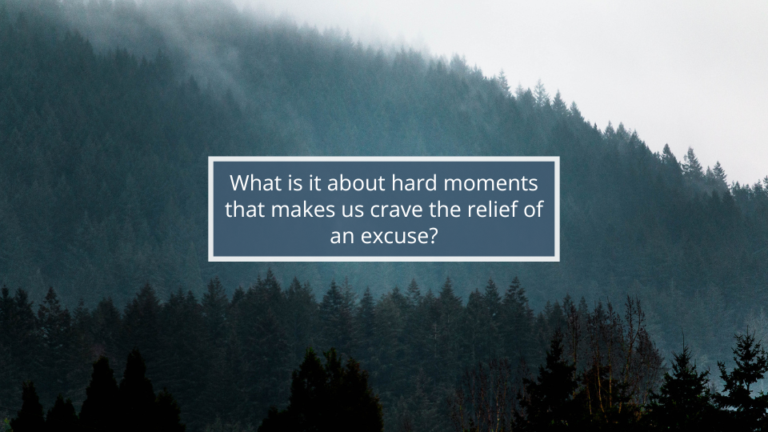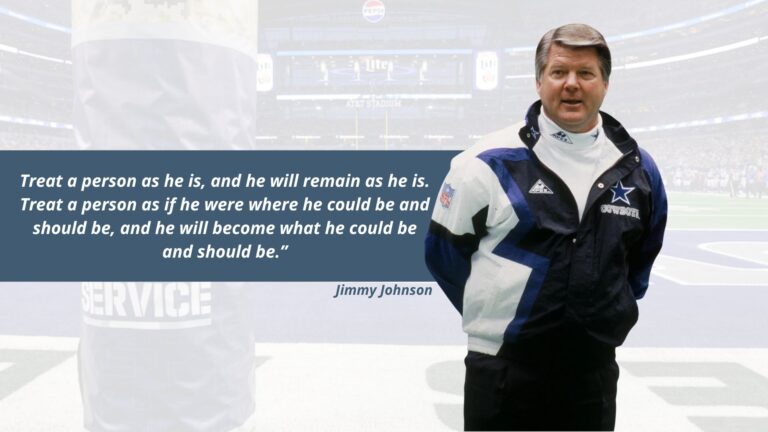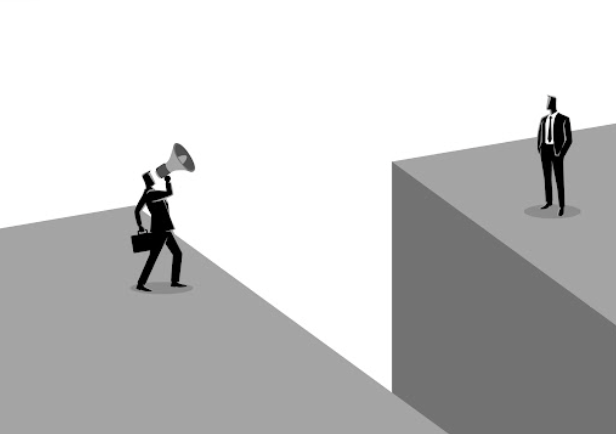Inevitably, we all make excuses. But not out of some carelessness or laziness. Our tendency to make excuses stems from deeper neurological and psychological patterns. In a previous newsletter we highlighted our natural desire to seek comfort and avoid discomfort. Excuses fit this trend, offering a quick return to cognitive ease and homeostasis.
The Conditions for Excuses
As a form of self-protection, or what psychologists call defensive pessimism, we sometimes lower our expectations before a performance regardless of how well we have done in the past. “I’m not ready. The other team is so much better.”
To shield our self-confidence after a poor performance, we may explain away faults and failures. “The conditions weren’t fair. I was distracted and didn’t get enough sleep.”
And just as we do this for ourselves, others do it for us. No matter how well-meaning, people enable us with excuses to offer comfort. “It wasn’t your fault. You had a lot going on, don’t worry about it.”
All subtle, but significant.
The Cost of Excuses
In the short-term, excuses offer relief, distraction, and a reduction in dissonance and anxiousness. But in the long-term they limit our growth, reduce trust in ourselves and from others, and further reinforce avoidance. Eventually this can lead to a kind of learned helplessness, conditioning us to sell ourselves short and accept excuses as truth. “Yeah, I was going through a rough time. It wasn’t my fault.”
Confronting the Excuse
Excuses provide us comfort. Growth requires discomfort.
It’s not about eliminating excuses forever, it’s about reframing them as a choice: “Will I protect myself? Will I protect them? Or will I approach what I know will be uncomfortable, but necessary.”




